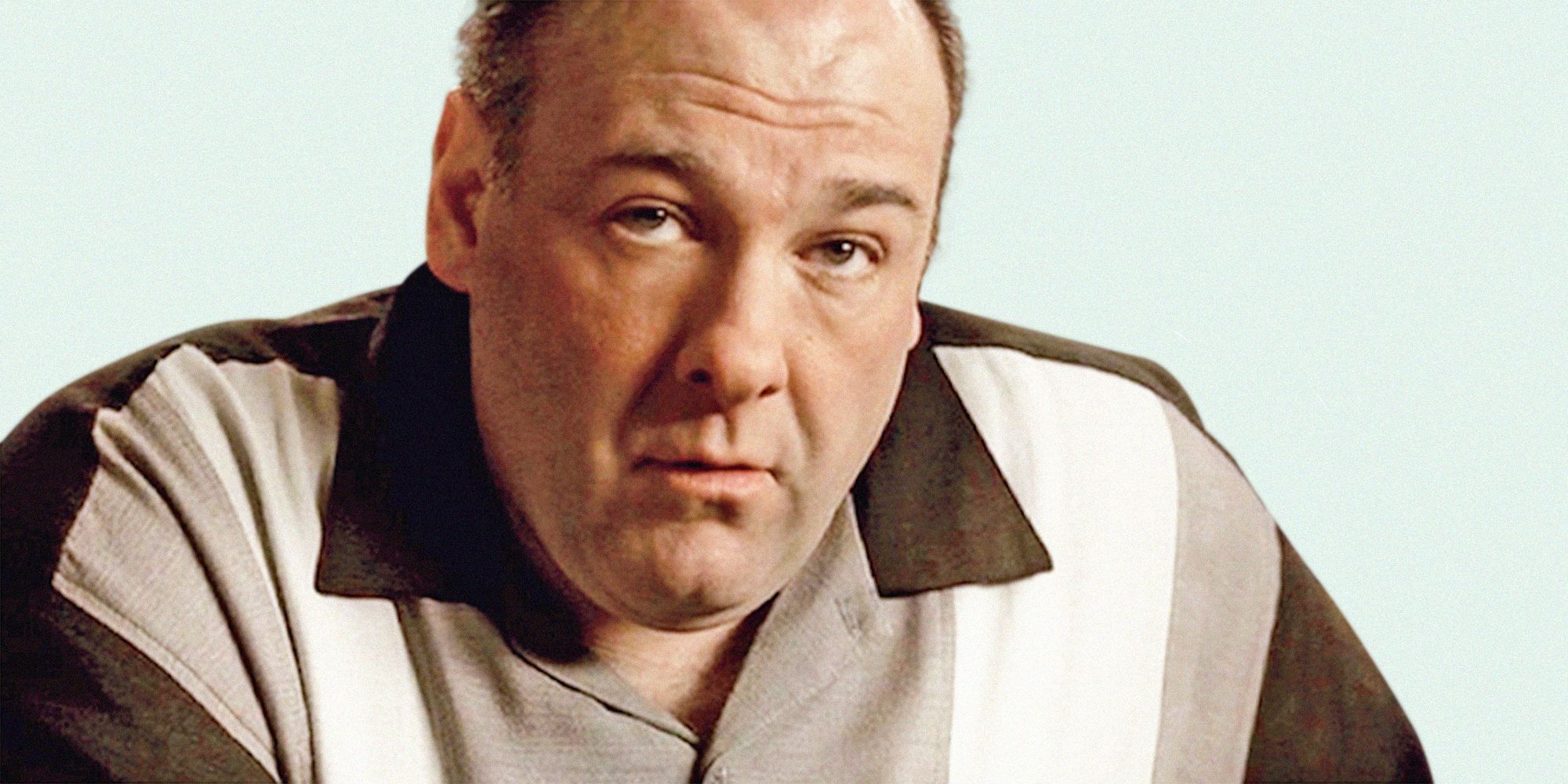When “The Sopranos” aired its series finale in 2007, it left viewers with a cliffhanger that sparked intense debate and speculation. The infamous cut-to-black ending, while divisive at the time, has become a significant piece of television history. Creator David Chase’s decision to leave the fate of Tony Soprano (played by James Gandolfini) open to interpretation has fueled countless theories about who killed him. In this article, we will delve into the mystery and explore one intriguing possibility: Patsy Parisi as the culprit.
The Enigmatic Patsy Parisi
Patsy Parisi, portrayed by Dan Grimaldi, is a supporting character in “The Sopranos” who appeared in more than half the episodes. Despite having fewer lines than the main cast members, Patsy’s presence is felt throughout the series, and his actions may have had a more significant impact than initially realized.
A History of Loyalty and Animosity
Patsy’s character is characterized by loyalty and trustworthiness. He transitions from being a loyal soldier and capo in the Junior crew to becoming an integral part of Tony Soprano’s organization. However, beneath his unassuming appearance, there lies a simmering resentment towards Tony.
One key event that cements Patsy’s motive is the murder of his twin brother, Phillip “Philly Spoons” Parisi, by Tony in Season 2. Patsy’s grief and desire for revenge are evident in his confrontation with Tony in the Season 3 episode “Funhouse.” He even shows up at Tony’s house with a gun, ready to avenge his brother. While Patsy ultimately backs down, the incident changes the dynamic between him and Tony.
Clues and Foreshadowing
Throughout the series, David Chase masterfully weaves subtle hints and foreshadowing into the narrative. One notable scene involves Patsy’s interaction with Gloria Trillo, Tony’s former mistress. Patsy ominously tells her that his face will be the last one she sees, not Tony’s, and that it won’t be cinematic. This line takes on a deeper meaning when we consider the final moments of the show and Tony’s fate.
The infamous cut-to-black ending, symbolizing Tony’s potential death, is a stark departure from the dramatic and violent scenes we have come to expect. It is precisely this departure from the “cinematic” that reinforces the theory of Patsy Parisi’s involvement. If Patsy’s line to Gloria is indeed a hidden foreshadowing of Tony’s death, it adds a layer of complexity to the series’ conclusion.
Patsy Parisi: The Ultimate Mobster?
If Patsy Parisi is indeed responsible for Tony Soprano’s demise, it would redefine his character and highlight the depth and nuance of “The Sopranos.” The show has always been known for its complex characters, and Patsy is no exception. Despite his lack of outward intimidation, Patsy possesses a quiet intensity that makes him a formidable presence.
Although Patsy is never shown committing a murder on-screen, he has demonstrated his capacity for intimidation and violence. He is respected among the crew, trusted by Tony, and assigned important tasks. Patsy’s scholarly demeanor, fluency in Italian and English, and ability to intimidate make him a force to be reckoned with. The theory that he orchestrated Tony’s murder positions him as the ultimate mobster, balancing revenge with calculated planning.
Motive and Opportunity
Patsy’s motive for killing Tony is twofold. First, there is the deep-seated resentment stemming from the murder of his twin brother. Patsy has always suspected Tony’s involvement in Philly Spoons’ death, and this unresolved grief and anger could have driven him to seek revenge.
Secondly, the professional dynamics within the organization provide Patsy with an opportunity to strike. When Bobby Bacala is killed, Tony overlooks Patsy for the vacant position, choosing Paulie Walnuts instead. This perceived slight, coupled with the constant threat of Phil Leotardo and the fear permeating the crew, creates a tense atmosphere. Patsy, being an in-law to the Soprano family, would have access to Tony and the perfect cover for his nefarious plans.
The Final Scene: Unveiling the Culprit
The enigmatic final scene of “The Sopranos” has left fans with lingering questions and theories about Tony’s fate. While we may never have a definitive answer, the theory of Patsy Parisi as the orchestrator of Tony’s murder holds significant weight.
The cut-to-black ending is a jarring departure from the expected cinematic resolution, serving as a poignant reminder of the show’s refusal to cater to conventional storytelling. David Chase’s deliberate use of ambiguity and symbolism throughout the series leads us to believe that Patsy’s line to Gloria, “it won’t be cinematic,” may have foreshadowed Tony’s ultimate demise.
The Testimony of Dan Grimaldi
Adding fuel to the theory, actor Dan Grimaldi, who portrayed Patsy Parisi, has expressed his own belief in Patsy’s role in Tony’s murder. In an interview with Barstool Sports’ Glenny Balls, Grimaldi states that if Tony were to be killed, he agrees that Patsy would be the one to assassinate him. Grimaldi points to the killing of Patsy’s twin brother as the most compelling motivation for revenge, solidifying Patsy as the prime suspect.
Conclusion: An Enduring Mystery
The question of who killed Tony Soprano remains one of television’s most enduring mysteries. While the series finale intentionally leaves the answer open to interpretation, the theory of Patsy Parisi’s involvement adds a compelling layer of complexity to the narrative.
Patsy’s history of loyalty, the unresolved grief over his brother’s murder, and the subtle hints and foreshadowing throughout the series all point to his potential role in Tony’s demise. Whether or not Patsy Parisi is the one who killed Tony, the ambiguity and intrigue surrounding “The Sopranos” finale continue to captivate audiences and cement its status as a groundbreaking television series.
So, who killed Tony Soprano? The answer may forever remain a mystery, but the journey of unraveling the clues and exploring the depths of these complex characters is what makes “The Sopranos” a timeless masterpiece.

 Cannabis News2 years ago
Cannabis News2 years ago
 One-Hit Wonders2 years ago
One-Hit Wonders2 years ago
 Cannabis 1012 years ago
Cannabis 1012 years ago
 drug testing1 year ago
drug testing1 year ago
 Education2 years ago
Education2 years ago
 Cannabis2 years ago
Cannabis2 years ago
 Marijuana Business Daily2 years ago
Marijuana Business Daily2 years ago
 California2 years ago
California2 years ago





















